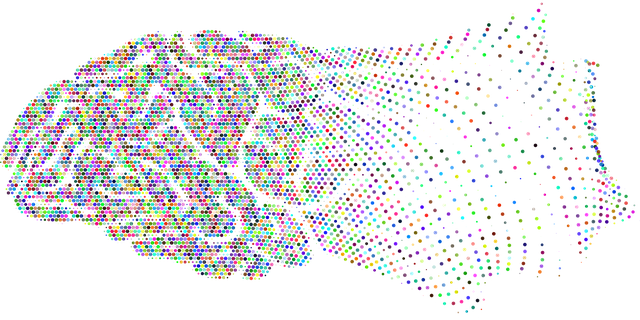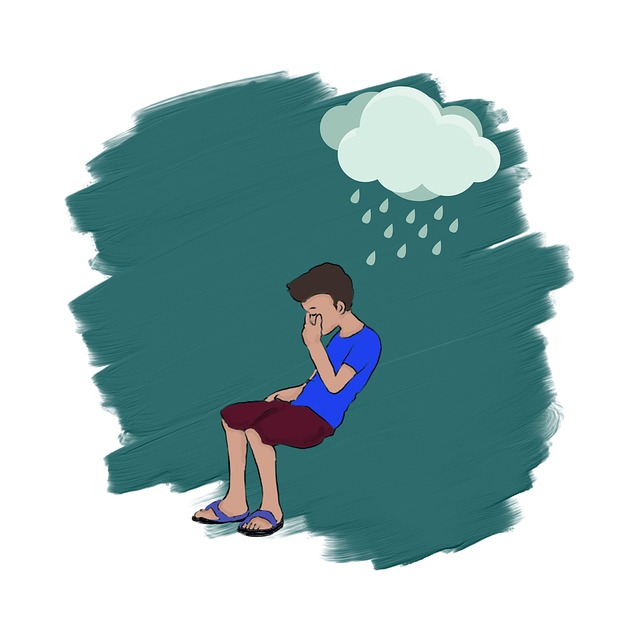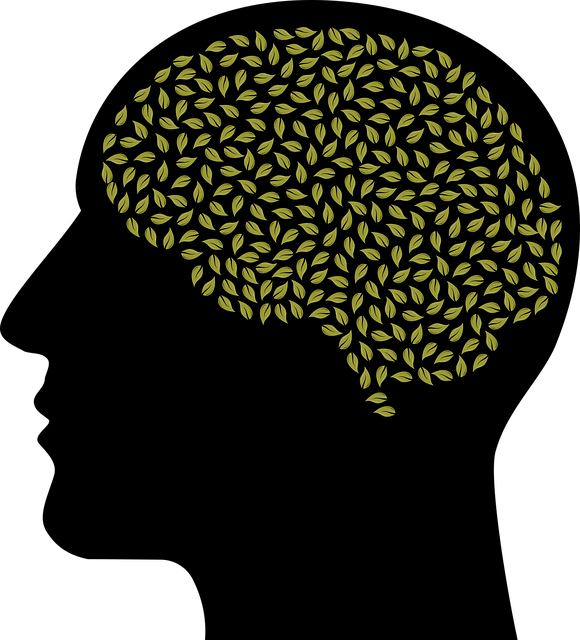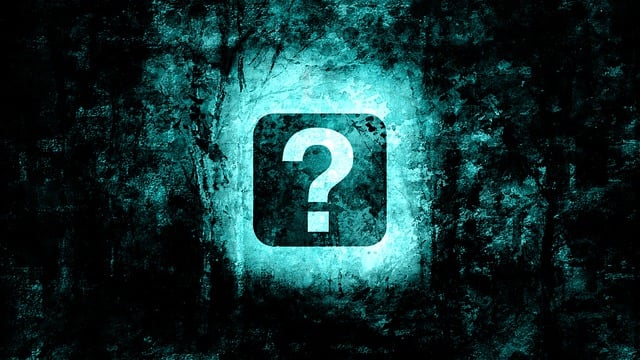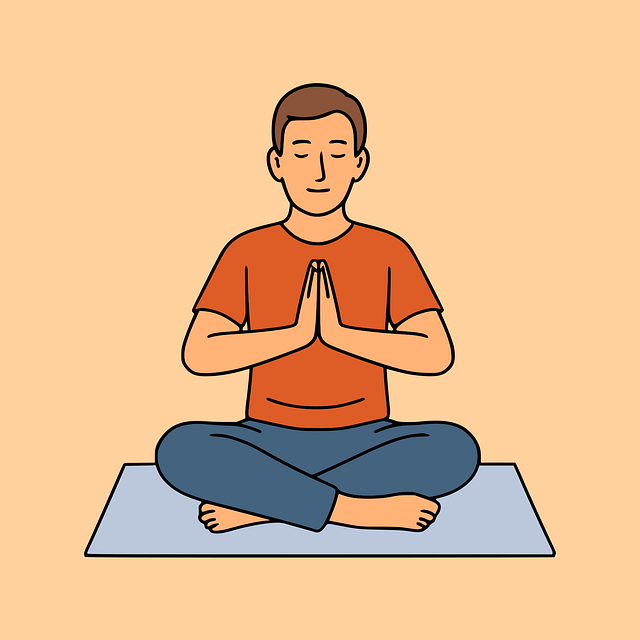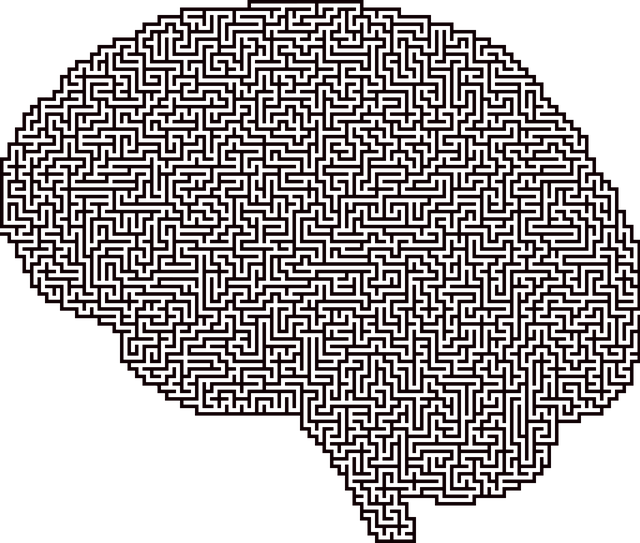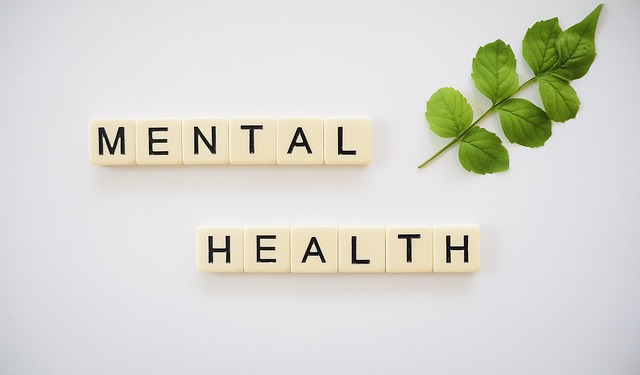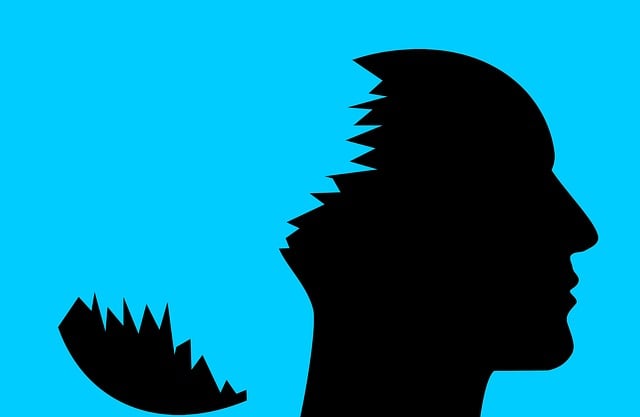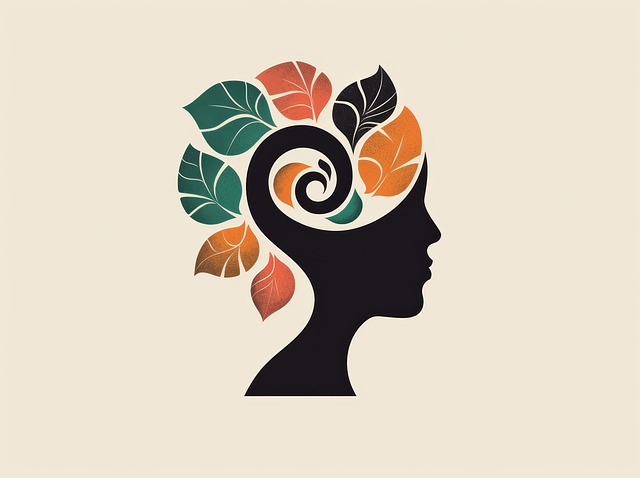Highlands Ranch EMDR Therapy offers personalized mental wellness self-assessment tools integrating Eye Movement Desensitization and Reprocessing (EMDR) for effective trauma and anxiety treatment. These tools, with user-friendly design, culturally sensitive questions, and validated scales, promote holistic emotional health by considering stress, sleep, social connections, and mental dimensions over time. Continuous improvement based on feedback and research ensures their relevance. This strategic implementation normalizes mental wellness conversations, breaks stigma, and fosters a healthier community through digital accessibility and inclusive design addressing diverse needs.
Mental wellness self-assessment tools are gaining prominence as essential resources for individuals seeking to understand and improve their mental health. This article explores the development of personalized assessment tools, focusing on the unique benefits of incorporating Highlands Ranch EMDR Therapy (Eye Movement Desensitization and Reprocessing). We delve into creating effective questions, designing user-centric platforms, and implementing continuous improvement strategies. By integrating evidence-based techniques like EMDR, these tools offer a transformative journey towards enhanced mental wellness.
- Understanding Mental Wellness Self-Assessment: The Need for Personalized Tools
- Incorporating EMDR Therapy in Self-Assessment: Highlands Ranch Approach
- Designing Effective Assessment Questions and Metrics
- User Experience: Creating an Accessible and Supportive Platform
- Implementation and Continuous Improvement: Ensuring Long-Term Impact
Understanding Mental Wellness Self-Assessment: The Need for Personalized Tools

Mental wellness self-assessment tools play a pivotal role in empowering individuals to take charge of their mental health. These personalized resources enable folks in Highlands Ranch EMDR Therapy to gain valuable insights into their emotional well-being, fostering proactive measures for improvement. Unlike one-size-fits-all approaches, tailored assessments recognize that each person’s journey with mental wellness is unique, necessitating distinct strategies and interventions.
By integrating communication strategies and compassion cultivation practices into these tools, individuals can develop a deeper understanding of their thoughts and feelings, promoting self-compassion and effective coping mechanisms. Moreover, the development of comprehensive mental health policy analysis and advocacy ensures that these assessments not only benefit the individual but also contribute to broader community well-being.
Incorporating EMDR Therapy in Self-Assessment: Highlands Ranch Approach

The Highlands Ranch approach to mental wellness self-assessment incorporates Eye Movement Desensitization and Reprocessing (EMDR) Therapy as a powerful tool for individuals seeking to understand and address their psychological well-being. EMDR, recognized worldwide for its effectiveness in treating trauma and anxiety disorders, facilitates healing by helping clients process distressing memories and beliefs. Through bilateral stimulation, such as side-to-side eye movements, tapping or tones, EMDR therapy allows the mind to reprocess traumatic events, reducing their emotional intensity.
This approach aligns with the need for comprehensive Mental Health Education Programs Design that equip both healthcare providers and individuals with effective coping strategies. By integrating EMDR into self-assessment tools, Highlands Ranch offers a unique advantage in promoting Cultural Competency Training for mental health professionals. This ensures that treatment methods are sensitive to diverse cultural backgrounds and address the specific needs of each client, enhancing overall stress management and mental wellness outcomes.
Designing Effective Assessment Questions and Metrics

Developing effective self-assessment tools for mental wellness requires a thoughtful approach to question design and metric selection. The questions should be comprehensive yet user-friendly, covering various aspects of mental health and well-being. For instance, including prompts that assess emotional state, stress levels, sleep patterns, and social connections can provide a holistic view of an individual’s mental wellness. High-quality questions should also be culturally sensitive, ensuring the tool is accessible and relevant to diverse populations.
Metrics play a crucial role in translating self-reported answers into actionable insights. Incorporating validated scales for specific mental health dimensions, such as anxiety or depression, can enhance the tool’s reliability. Additionally, utilizing metrics that track progress over time enables users to monitor their mental wellness journey effectively. For example, the Highlands Ranch EMDR Therapy approach emphasizes emotion regulation and trauma processing, so including tailored questions and metrics focused on these areas could significantly contribute to a comprehensive self-assessment tool, supporting both individual reflection and professional Mental Health Policy Analysis and Advocacy efforts aimed at improving Stress Management strategies.
User Experience: Creating an Accessible and Supportive Platform

In developing mental wellness self-assessment tools like those offered by Highlands Ranch EMDR Therapy, user experience plays a pivotal role in ensuring accessibility and support for individuals seeking emotional healing processes. The platform should be designed with simplicity and intuitiveness at its core, allowing users to navigate through assessment modules seamlessly. Incorporating user-friendly interfaces, clear instructions, and interactive elements can enhance the overall experience, encouraging consistent use of the tool. By prioritizing an accessible design, the self-assessment becomes inclusive, catering to diverse user needs, including those with specific disabilities.
Moreover, integrating conflict resolution techniques and emotional well-being promotion techniques into the platform can significantly boost its effectiveness. These techniques, often utilized in therapeutic practices like EMDR, enable users to address underlying conflicts, process traumatic memories, and promote positive emotional responses. By offering a digital space that facilitates these processes, individuals can access valuable tools for self-care and personal growth, potentially reducing barriers to mental health support and fostering a more supportive online environment.
Implementation and Continuous Improvement: Ensuring Long-Term Impact

The development of mental wellness self-assessment tools like those offered by Highlands Ranch EMDR Therapy is just the first step in fostering long-term positive change. For such initiatives to truly have an enduring impact, continuous improvement and strategic implementation are essential. Regular updates based on user feedback and the latest research can ensure these tools remain effective and relevant. This ongoing process involves gathering diverse perspectives, analyzing data, and adapting the assessments to meet evolving needs.
By integrating public awareness campaigns that highlight inner strength development and anxiety relief techniques, these self-assessment tools can be promoted more effectively. Such campaigns, combined with continuous refinement, can help in normalizing conversations around mental wellness, breaking down stigma, and encouraging individuals to take proactive measures for their well-being. This holistic approach ultimately reinforces the impact of the assessment tools, fostering a healthier and more supportive community over time.
Mental wellness self-assessment tools are evolving, with personalized approaches like the Highlands Ranch EMDR Therapy model leading the way. By integrating evidence-based techniques and user-centric design, these tools can significantly improve mental health outcomes. Effective assessment questions, accessible platforms, and continuous improvement strategies ensure that these tools remain relevant and impactful over time, empowering individuals to take control of their mental wellness journey.

